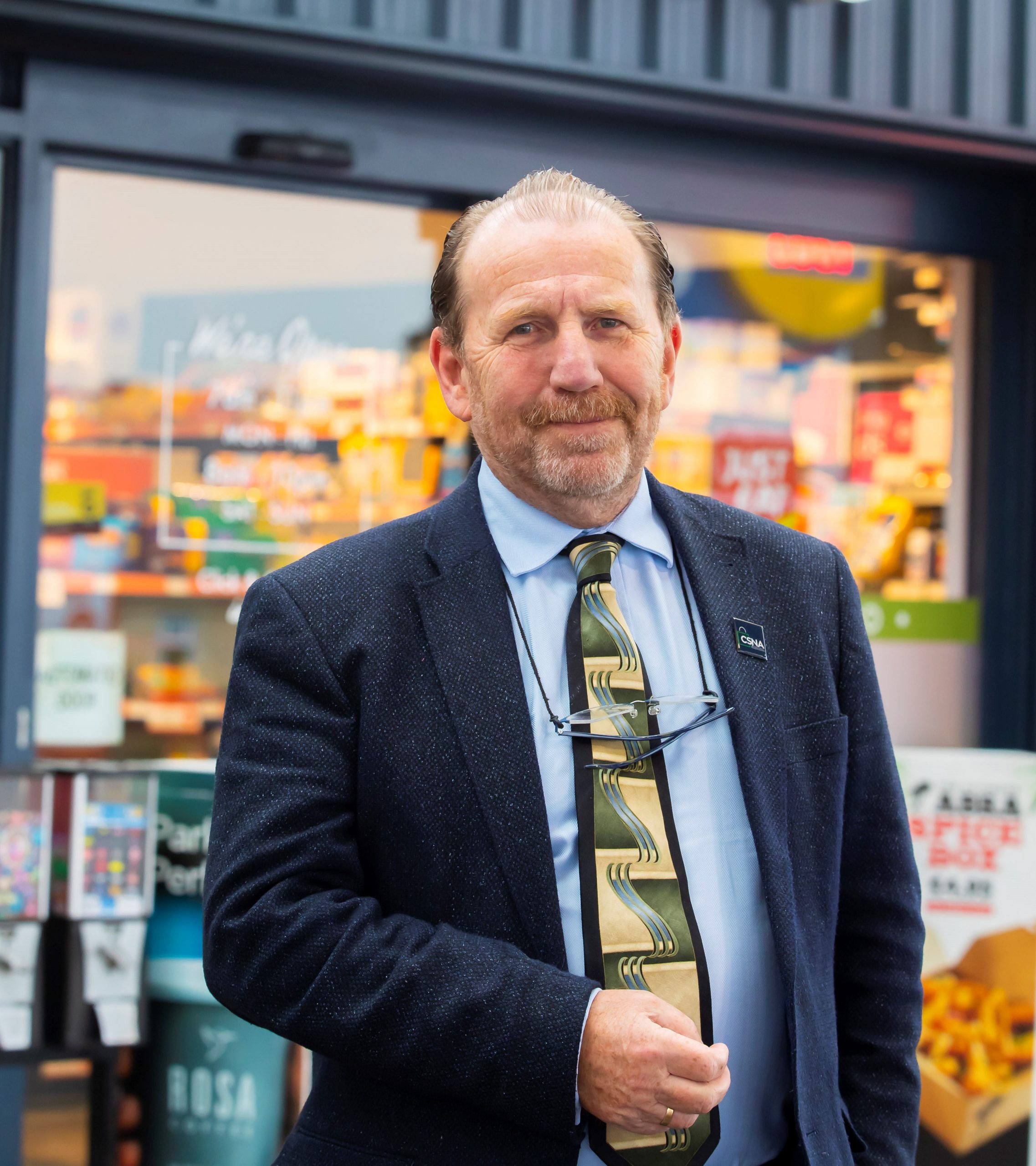CSNA Update on Tobacco Licence Fee

It will come as a shock to most tobacco retailers in the convenience, forecourt and newsagent sectors to learn that the cost of an annual licence to sell tobacco products will be €1,000 from February 2026 and if they wish to sell vaping products there will be an additional €800 fee.
How did the departing Minister ( rejected by his constituents in Wicklow) arrive at this exorbitant figure? A quick run through the individual licenses collected by Revenue show that the overwhelming majority of Excise Licences are €500 or less.
Even the Department of Health, when they introduced fees for Sun Tanning establishments set a figure of €120 per premises; these premises are subject to many of the same restrictions as apply to tobacco and vaping control and are visited by the EHO on behalf of HSE.
Many countries have registration ( as Ireland has since 2009) or a Licencing system for tobacco retailers, none have set an annual fee as high as that selected by Minister Donnelly.
Our neighbours in Northern Ireland, Scotland and the rest of the UK do not charge a licence fee.
In the 38 States in America where fees are applied they range from $6 to $800, with the average fee being $250.
In Australia , where six of the seven territories seek licence fees from retailers, the average fee is less than the AUD equivalent of €250, even allowing for the outlier that is Tasmania which has a fee that is 3 times higher than the nearest State.
While it may be considered to be a “victory ” for Tobacco Control exponents if setting such a high annual fee forces some small retailers to discontinue selling tobacco products, there is absolutely no evidence anywhere in any of the tobacco control literature and peer reviews that shows this outcome ( fewer sellers) has led to reduced prevalence of smokers, which must surely be the primary objective for the Department, not the impoverishing of shops serving a demand.
In other jurisdictions where a licence fee has been initiated, retailers were free to consider raising the retail price of the tobacco products to cover the fees but Irish retailers are not allowed to set their own prices, the State has granted that right to the tobacco companies. It is a criminal offence for any retailer in the Irish Republic to sell cigarettes at a price higher than the price set by the brand owner.
The price of essentials (milk, bread, etc) will need to be increased to allow the sale of these carcinogenic products remain at a price determined by their manufacturers!
CSNA represents over 1500 convenience stores that sell, amongst other products, tobacco.
We sell to adults, our staff are fully trained and we adhere to all of the legislative provisions.
We need the Department of Health to publish the SME Test that accompanied the Statutory Instrument 736 of 2024 that set out the fees. We need to be convinced that there is a solid, coherent and evidence-based approach for setting a fee at such a high level and that there isn’t a desire to reduce the number of outlets without any proof this will reduce smoking prevalence; fewer cigarettes consumed does not equate to fewer smokers.
Tasmania, despite having the highest fee in Australia, and despite a significant number of outlets choosing to cease selling cigarettes, still has the highest smoking prevalence rate in the Country, four years after the fee increases.
This was repeated in New York, Philadelphia and South Australia where the imposition of fees caused stores to cease selling but there weren’t any proven benefits to Public Health.
Without doubt, the most effective form of tobacco control is the retail price of the product, allow retailers to set their own price once it is at least on a par with the recommended price of the manufacturer.
The Department of Health has a real opportunity to effect real change by seeking the abolition of tobacco as a product that enjoys a tax incentive in freedom of movement of goods between Member States. They should also seek to exclude tobacco from having Duty-Free status at ports ,airports and carriers .
As long as there are legal incentives for smokers to obtain tobacco at prices lower than those in Irish stores ( who are currently only selling 66% of all tobacco consumed in Ireland), it is grossly unfair to our legitimate, tax-paying sector to expect us to pay such outrageous fees, unless the State does everything in its power to reduce the inflow of goods that dilute the effectiveness of its message.







